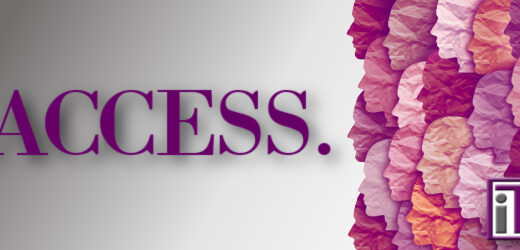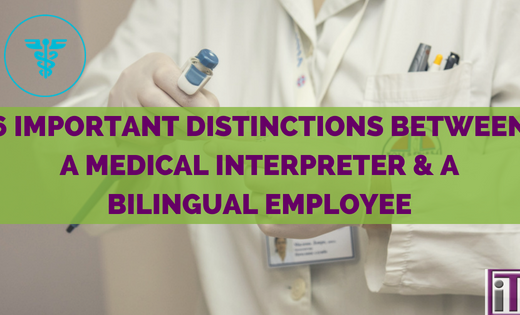Language barriers can be a significant challenge in healthcare. Ensuring full language access isn’t just a compliance issue—it’s a fundamental matter of equity, diversity, and inclusivity. Here’s how creating a comprehensive language access plan can transform healthcare experiences for providers and their patients. Benefits…
The Law Regarding Medical Interpreting is Changing. Section 1557 of the Affordable Care Act (ACA) is being amended. It will require medical providers to document they are working with a “qualified interpreter.” Healthcare providers who receive government funding must only use Qualified or Certified…
Life expectancy in the U.S. fell by 1.5 years in 2020, the biggest decline since World War II, according to new data from the Centers for Disease Control and Prevention (CDC). What does it all mean for the future? Overcoming language barriers in healthcare…
The cultural fabric of the United States is changing more rapidly than ever before. As the make-up of the American population continues to change, so do the methods healthcare providers use to raise the bar when it comes to serving patients. If you are…
FAQ: Language Access Services For Hospitals and Health Systems
FAQ -Language Access Services for Healthcare If you’re looking for healthcare interpreting or translation services, you likely have some questions. Fortunately, as a healthcare interpreting company serving hospitals and healthcare systems for over 35 years, we at Interpreters and Translators, Inc. have heard…
Interpreting is important. So is translation. Interpreting – the spoken word. Translation – the written word. As a healthcare provider, you already know that communication is the key to excellence in the patient experience. For your non-English-speaking patients and their families, medical scenarios can…
Should My Bilingual Employees Act as Medical Interpreters?
That’s a great question. And the answer is…complicated. When it comes to interpreting, your bilingual employees can be among your greatest assets. They can also be some of your biggest liabilities. Interpreting is a skill. Interpreting is a distinct skill and is different from…
6 Crucial Differences – Medical Interpreters vs. Bilingual Employees
With nearly 70 million people in the United States speaking a primary language other than English, odds are you are encountering more and more LEP (Limited English Proficient) patients every day. Because a patient’s well-being is on the line, healthcare providers must assist them…








